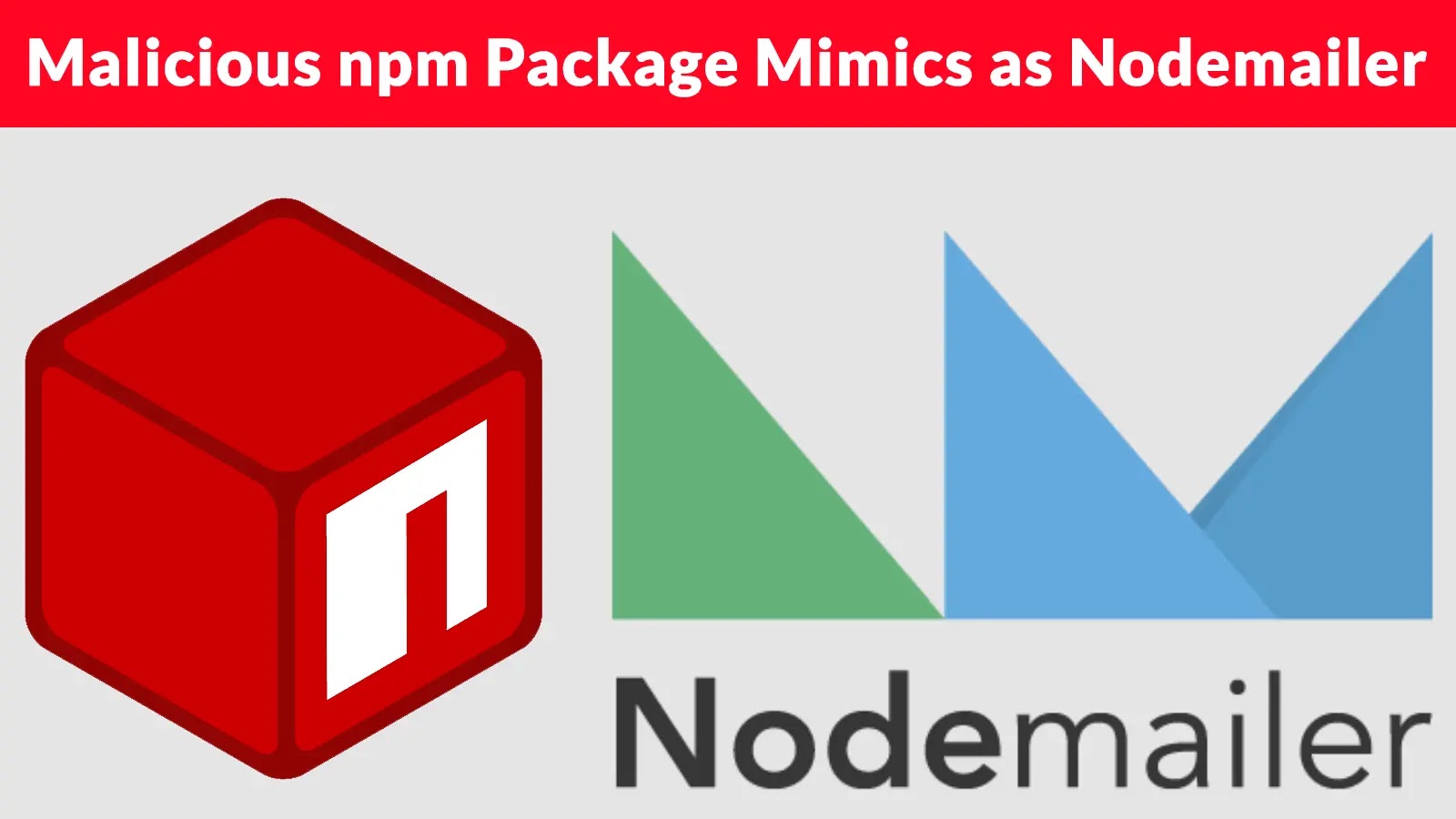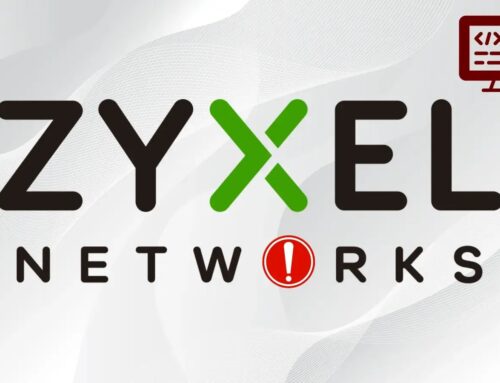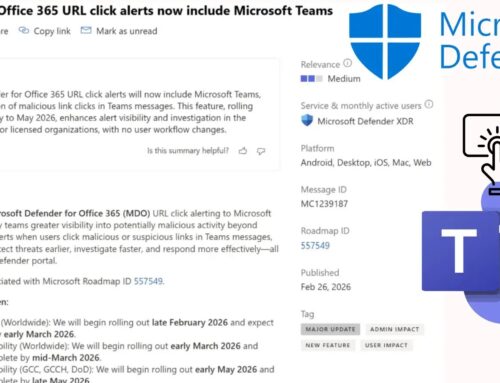
Malicious npm Package Mimics as Popular Nodemailer with Weekly 3.9 Million Downloads to Hijack Crypto Transactions
In the rapidly expanding landscape of software development, where open-source packages form the very backbone of applications, the integrity of our supply chains is under constant siege. A chilling discovery by security researchers at Socket.dev has sent ripples through the developer community: a sophisticated supply chain attack leveraging a malicious npm package meticulously designed to impersonate a widely-used and trusted library. This incident serves as a stark reminder that even the most fundamental components of our digital infrastructure are vulnerable to advanced persistent threats.
The Deceptive Disguise: Malicious npm Package Mimics Nademailer
Late August 2025 saw the unveiling of a cunning threat: a malicious npm package named nodejs-smtp. This package was engineered to be virtually indistinguishable from the legitimate and immensely popular email library, Nodemailer, which boasts an astounding 3.9 million weekly downloads. The attackers’ strategy was insidious: create a near-perfect replica that offered the same API and functionality as the genuine article, successfully dispatching emails just like Nodemailer. This operational fidelity made detection incredibly difficult, allowing the malicious package to blend seamlessly into development environments.
Unmasking the Threat: How nodejs-smtp Hijacked Crypto Transactions
The danger lay hidden beneath the surface of apparent functionality. While nodejs-smtp capably sent emails, its true purpose was far more sinister. Researchers at Socket.dev identified that the malicious package included rogue code designed to intercept and exfiltrate sensitive user data, particularly targeting cryptocurrency transactions. This form of supply chain attack, where attackers inject malicious code into widely distributed software components, is particularly potent because it allows them to compromise numerous downstream applications and users without directly attacking each victim individually.
Although a specific CVE ID for this particular incident (the nodejs-smtp package) has not yet been publicly assigned as of the last update, the attack vector aligns with common software supply chain vulnerabilities. For context on similar vulnerabilities, one might refer to CVE-2022-24376, which describes a different instance of a malicious npm package leading to credential theft, highlighting the persistent threat posed by compromised open-source libraries.
Understanding the Attack Vector: Software Supply Chain Compromise
This incident is a textbook example of a software supply chain attack. Here’s a breakdown of the key elements:
- Impersonation: The malicious package adopted a name and functionality almost identical to a legitimate, widely used library. This leverages developer trust and the common practice of quickly installing packages based on name recognition.
- Dependency Confusion (Implied Risk): While not explicitly stated as a dependency confusion attack in the source, the malicious package’s name (
nodejs-smtp) being so similar to a commonly known module like Nodemailer creates a high risk of developers misidentifying or mistyping package names, leading to inadvertent installation of the malicious version. - Stealthy Operation: By mimicking legitimate functionality, the malicious code remained dormant or silently exfiltrated data, avoiding immediate detection by developers or security tools focused solely on functional failures.
- Wide Reach: npm’s vast ecosystem and developers’ reliance on open-source packages mean that a single compromised package can potentially affect millions of applications and users globally.
Remediation Actions and Best Practices for Developers and Organizations
Protecting against sophisticated supply chain attacks requires a multi-layered approach. Developers and organizations must implement robust security practices to mitigate the risks posed by malicious npm packages and similar threats.
Immediate Steps:
- Audit Your Dependencies: Immediately review existing project dependencies to ensure that
nodejs-smtpor any similar suspicious packages are not present in yourpackage.jsonorpackage-lock.jsonfiles. - Remove and Clean: If found, promptly remove the malicious package and invalidate any potentially compromised credentials or data (especially crypto-related information) that might have been exposed.
Proactive Measures:
- Dependency Verification: Always verify the authenticity of npm packages before integration. Check the official npm page, GitHub repository, and look for signs of active maintenance, high download counts, and community trust. Be wary of newly published packages mimicking popular ones.
- Utilize Package Managers Securely: Ensure you are using the latest versions of npm or Yarn and understand their security features. Consider using lockfiles (
package-lock.jsonoryarn.lock) to ensure consistent dependency resolution. - Implement Software Composition Analysis (SCA) Tools: Integrate SCA tools into your CI/CD pipeline to automatically scan for known vulnerabilities and malicious code within your open-source dependencies.
- Least Privilege Principle: Ensure that build environments and CI/CD pipelines operate with the absolute minimum necessary permissions.
- Regular Security Audits: Conduct regular security audits and penetration testing of your applications, including a thorough review of third-party dependencies.
- Educate Developers: Foster a security-aware culture among development teams. Train developers on identifying suspicious packages, understanding supply chain risks, and following secure coding practices.
- Pin Dependencies: Use exact versions for dependencies in your
package.jsonto prevent accidental upgrades to potentially malicious versions.
Essential Tools for Supply Chain Security
Leveraging the right tools is critical for detecting, preventing, and mitigating supply chain attacks.
| Tool Name | Purpose | Link |
|---|---|---|
| Snyk | Software Composition Analysis (SCA), vulnerability scanning, dependency management. | snyk.io |
| Socket.dev | Real-time supply chain security, malicious package detection, behavioral analysis. | socket.dev |
| OWASP Dependency-Check | Identifies project dependencies and checks if there are any known, publicly disclosed vulnerabilities. | owasp.org/www-project-dependency-check |
| npm Audit | Built-in npm command to identify vulnerabilities in project dependencies. | docs.npmjs.com/cli/v10/commands/npm-audit |
| Sonatype Nexus Lifecycle | Automated open-source governance and security throughout the SDLC. | sonatype.com/products/nexus-lifecycle |
Conclusion: Fortifying Our Digital Foundations
The discovery of the malicious nodejs-smtp package masquerading as Nodemailer highlights the sophisticated and persistent nature of threats targeting the software supply chain. As open-source software continues to be the bedrock of modern applications, safeguarding this ecosystem is paramount. Developers and organizations must remain vigilant, adopting proactive security measures, rigorous dependency verification, and leveraging specialized tools to detect and neutralize these elusive threats. The integrity of our digital infrastructure depends on our collective commitment to strong supply chain security.





